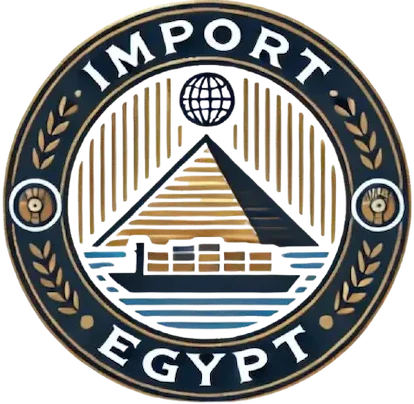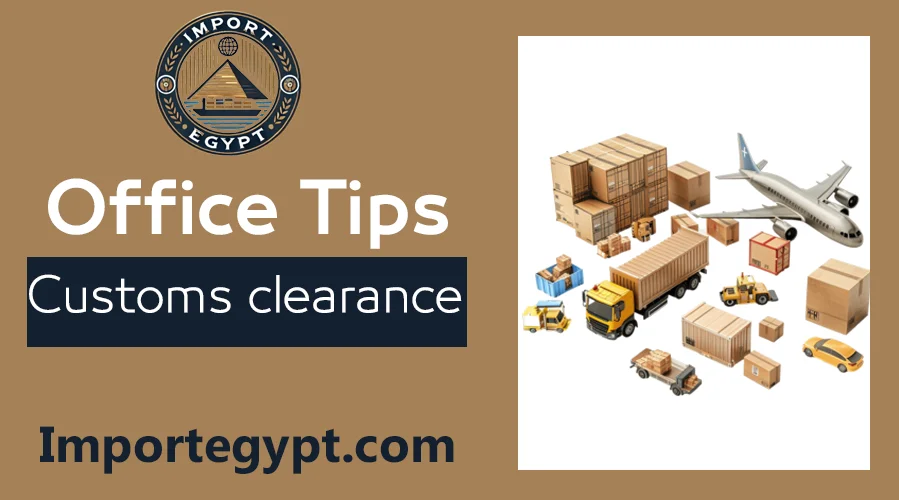Contents of the article
A customs clearance office is a place that can be relied primarily on to facilitate the import and export of individuals and companies, where it has considerable experience in customs procedures and regulations. It also helps to streamline operations and resolve all administrative complexities that some customers may face, thus contributing to the rapid delivery of goods whether personal or commercial goods.
The import site from Egypt offers integrated solutions including document preparation, customs inspection management and payment of outstanding fees as well. These services ensure that operations proceed quickly and customers’ needs are completed securely by dealing with a professional customs clearance office without worrying about the problem of delays or potential customs problems.
What is customs clearance
Customs clearance is an essential process in international trade involving the legal and orderly movement of goods from one State to another. This process involves the preparation and submission of required documents, such as trade invoice, packing list, bill of lading, certificate of origin as well as payment of outstanding customs duties and taxes.
In addition, a customs clearance office is interested in checking all goods to ensure that they conform to all required specifications. The aim of customs clearance is to facilitate international trade movement, ensure the safety of goods and preserve the local economy from any illegal transactions such as customs smuggling.
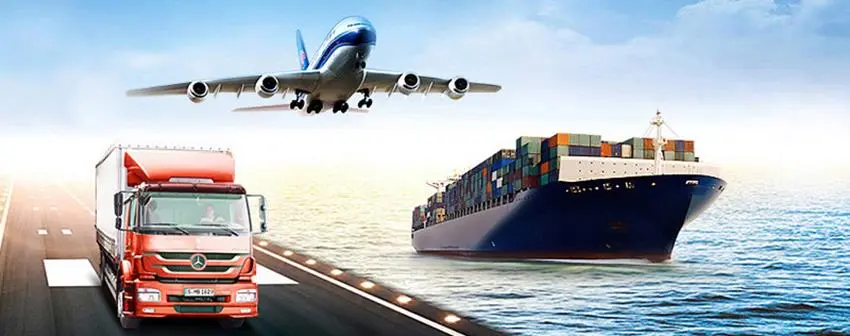
The most important documents and papers required for customs clearance
Customs clearance documents are the basic documents to be submitted to the Customs Authority to complete the procedures for the release of goods. These documents vary depending on the type of shipment and the nature of the goods, but usually include:
- Commercial invoice: issued by the external supplier and containing an accurate description of the goods, showing the quantity, price, total invoice value and currency used, as well as used to determine the value of customs duties and taxes due.
- Freight policy: a document issued by the shipping company confirming the transport of the goods from the supplier to the importer, as well as the shipment data such as the carrier’s name, shipping ports, arrival and mode of transport, as well as the details of the shipment process, which is a basic document for the receipt of the goods.
- Certificate of Origin: Issued by the Chamber of Commerce of the country of export, specifying the country where the goods were manufactured or produced, and used to apply preferential tariffs when trade agreements exist between States.
- Packing List: It is one of the documents processed by a customs clearance office and contains precise details of the contents of the shipment such as the type of goods and the number of packages, also the weight and size of the shipment, as well as used to thoroughly inspect and inspect the shipment and match it with other documents.
- Customs Declaration: This document is done by the Customs Clearance and contains the shipment data such as importer and exporter details, type and value of goods, tariff classification as well, which is the basic document for determining customs duties and facilitating release procedures.
- Delivery permit: issued by the shipping company or the navigational agent to deliver the goods to the customs clearance or importer, which is necessary to initiate customs clearance procedures.
- Authorization of customs clearance: an official document authorizing the customs clearance importer to carry out the proceedings on his behalf. It is a prerequisite for the completion of the customs process if the customs clearance takes over the proceedings.
- Tax Card and Commercial Registry: This card is performed by a customs clearance office where it proves that the importer is legally registered and has a permit to engage in business activity, which is required by customs to verify the legality of transactions.
- Certificate of inspection or control approvals: This certificate is required for certain types of goods such as food health certificate, quality inspection certificates for electrical appliances, which are certificates of conformity with the specifications, and clarifies ensuring that the goods conform to local standards and all health and environmental requirements.
- Customs and tax payment receipts: proves the payment of all customs duties, VAT and surcharges, which are essential for the completion of the shipment’s release process.
- Additional documents for certain shipments: includes warranty or warranty certificates for pending or temporary goods, also insurance certificates in case of sea or air shipment, as well as veterinary inspection documents for live animals or animal products.
Procedures for customs clearance
Egypt’s customs clearance procedures include precise steps, beginning with the arrival of the shipment at the port and ending with the completion of its release. A customs clearance office is relied upon to complete these steps. These procedures include the following steps:
- Arrival of cargo at port: i.e. arrival and unloading of cargo at port or customs airport, then registration of cargo data in customs system and submission of cargo shipping record.
- Withdrawal of delivery permit: The importer or customs clearance obtains the delivery permit from the shipping company. The delivery permit is a document showing the ownership of the goods and the right to release them.
- Submission of required documents: includes the commercial invoice, which is a list of the details and value of the shipment, the bill of lading, which is the contract of carriage of the goods, as well as the certificate of origin proving the country of manufacture or production of the goods, the packing list detailing the contents of the shipment, as well as any additional certificates required by the type of goods, such as health or environmental certificates.
- Submission of the customs declaration (customs declaration): a customs clearance office shall submit the customs declaration containing all the shipment’s data, type and value. The shipment shall also be recorded in the 46 customs book to determine the date of exchange rate and outstanding fees.
- Inspection and Customs Disclosure: The shipment is inspected by customs officers to ensure that the goods conform to the documents provided. The inspection process includes in-kind inspection of the goods and the use of scanned devices for security purposes and ensure that the specifications and standards are conformed.
- Specification of customs duties and taxes: After knowing the results of the disclosure and valuation of the value of the goods, customs duties and VAT are set at 14%, as well as any additional charges such as inspection fees or laboratory inspection.
- Payment of duties and taxes: Customs fees are paid through one of the available methods, either cash payment, cheque payment, bank transfer or electronic payment.
- Customs Release Permit: After payment of fees and completion of procedures, the Customs Release Permit for the shipment is issued, and this permit allows the carriage of goods outside the port or customs port.
- Receipt and transport of goods: The goods shall be delivered to the importer or customs licensor after the completion of all proceedings. The goods shall also be transported to their equipped place in accordance with the transportation arrangements.
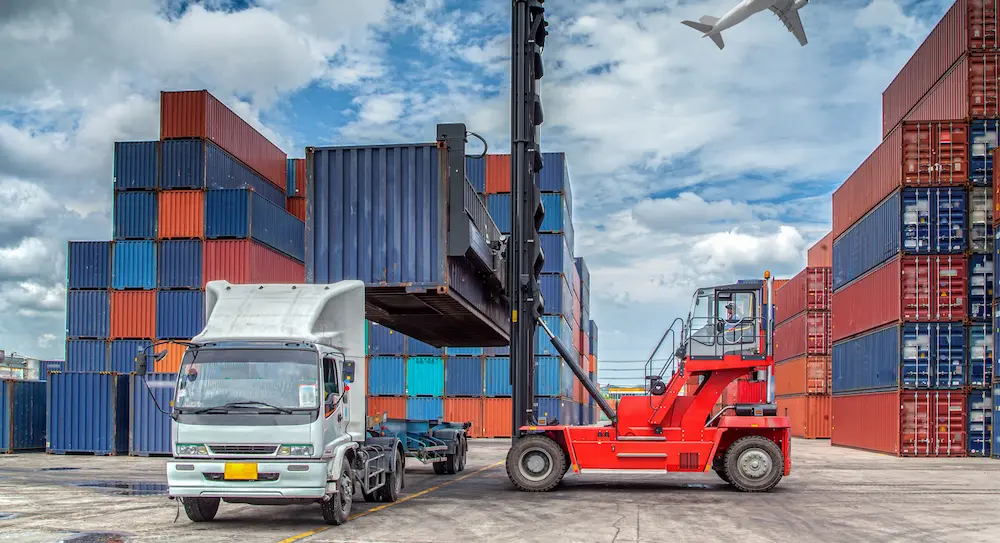
Why our company is the best customs clearance company in Egypt (our services)
The import site from Egypt is the best option for completing customs clearance services in Egypt. The customs clearance office offers professional and quick expertise and work. We also have a range of features that make us the first choice for you from among various import companies and sites. The most important features of our features are:
- Experience and high efficiency: We have an experienced team with long experience of all customs laws and regulations. This may help avoid any unexpected delays or problems.
- Accelerate procedures: We rely on the latest working methods to facilitate and accelerate all stages of customs clearance.
- Customized Solutions: We offer services tailored to our customers’ wishes and requests, from receiving shipments, preparing documents to delivering goods safely.
- Accuracy and transparency: We ensure transparency and accuracy at every step, while ensuring compliance with the highest quality standards.
- Saving time and effort: We ensure that your goods are delivered in a short time without complications, and this may help you start your own business.
- Long-term partnership: We always try to strengthen our relationship with our customers and be built on trust, to always be the first choice you can rely on.
Customs clearance prices in Egypt
Egypt’s customs clearance prices depend on a number of factors, including the type, value and size of goods, as well as customs or tax duties. A customs clearance office offers the best prices in this area.
- Tariffs: The proportion of duties varies according to the classification of the commodity according to the tariff, as some commodities may be exempt or subject to reduced ratios, for example electronic devices of 10% – 20%, clothing and footwear of 30% – 40%, and food commodities of 5% – 15%.
- VAT: 14% VAT is applied to the value of goods including customs duties.
- Additional fees: includes customs service fees that vary based on port and services provided, port and storage fees calculated based on the duration of the goods staying at the port, as well as inspection fees and may vary depending on the type of goods such as foodstuffs or chemicals.
- Customs clearance fees: These fees vary between companies, and may range from 500 pounds to 5,000 pounds per shipment based on, inter alia, the size of the shipment, the type of goods and the complexity of the procedures.
- Examples of total cost: a small shipment of 50,000 Egyptian pounds may cost about 15,000 – 20,000 Egyptian pounds including fees, taxes and clearance fees. A large or complex shipment is worth 500,000 Egyptian pounds, and may cost up to 100,000 Egyptian pounds or more.

Customs clearance facilitation tips in Egypt
To facilitate customs clearance in Egypt and avoid delays or additional costs you need to deal with the best customs clearance office. You can also follow the following tips:
- Pre-processing documents: Care must be taken to prepare all required documents such as commercial invoice, bill of lading, certificate of origin and packing list while ensuring they are free of errors.
- Adherence to correct customs classifications: It is important to accurately use harmonized system (HS) codes to determine appropriate customs duties for imported goods.
- Communicate with suppliers: You need to ensure that suppliers provide complete, correct documents and conformity with Egyptian regulations to avoid any problem.
- Pre-registration of shipments: It is best to use electronic systems such as platforms for pre-registration of shipments to speed up procedures.
- Using a certified customs clearance: an expert customs clearance office must be relied upon to help reduce time and effort and ensure the completion of all laws and procedures.
- Knowledge of Egyptian regulations: It is important to know the domestic customs laws regarding imported products to prevent any problem.
- Good shipping planning: choosing appropriate shipping dates may prevent delays that may occur due to peak periods or official holidays.
- Enquire about any updates: It is important to see any changes in laws or customs duties, as this may affect the clearance process.
- Ascertain the condition of the shipment before arrival: Follow up with the shipping company or port to avoid fines associated with excess storage.
- Keep an accurate financial record: It is preferable to have accurate details of all fees and taxes paid to facilitate accounting or objection in the event of any dispute.
How are customs clearance fees paid?
Customs clearance fees in Egypt are paid through several methods that help facilitate the process of release of imported goods. These methods are as follows:
- Direct Cash Payment: The importer can pay accrued duties and taxes in cash at customs outlets.
- Bank cheques: Payment can be accepted by certified bank cheques, which are submitted to the port’s customs authority or customs port.
- Bank transfers: The Customs Authority offers the possibility of paying the fees through direct bank transfers to its official accounts. This may help to complete the process.
- Electronic payment: Some electronic platforms, such as the pre-registration system for shipments, can provide documents and pay fees via the Internet. This may help speed up procedures and reduce the time taken for customs clearance.
Customs clearance office offers you an infinite number of customs clearance services As well as facilitating your business operations due to its long experience in this field, Through our continuous updates and required procedures, we guarantee you an easy import process free of any problems, complexities or delays Just by communicating with the import site from Egypt you can finish all your shipments without having to make effort or lose time.
What are customs clearance fees?
Customs clearance fees are the costs charged to imported or exported shipments for conducting customs release at ports or customs ports. These fees include government taxes such as basic customs duties, VAT, as well as other customs service fees such as inspection, inspection and storage fees at ports.
These fees also vary based on the type, value, size and nature of the services provided during the clearance process. The aim of these fees is to regulate the movement of goods, protect the local economy and collect the necessary taxes from the business activity.
How long does customs clearance take?
The customs clearance process in Egypt often takes five to seven days according to the quality of the goods and the procedures required. This period includes several steps from the arrival of the shipment to the port, its discharge, the submission of the necessary documents and the completion of the inspection by the customs authorities.
Furthermore, the duration of clearance may be affected by factors such as the accuracy of the documents provided, the type of goods and the size of the shipment, so it is important to prepare in advance and cooperate with a certified customs clearance office to speed up the process and avoid potential delays.
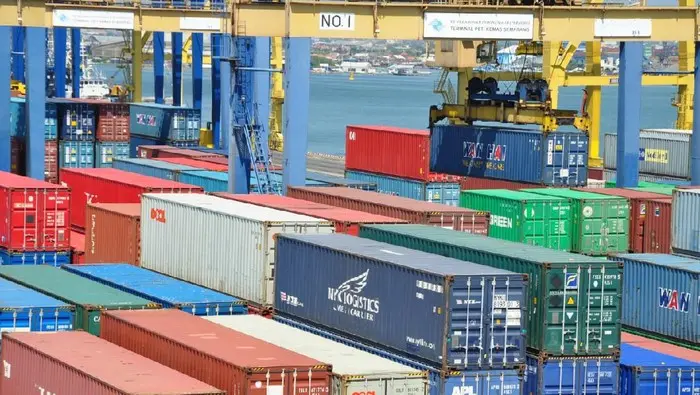
What is the 46 Customs Book?
Book 46 KM is an official register used by the Egyptian Customs Authority to document the incoming cargo data. This book is an essential step in the customs clearance process, where the shipment information is recorded after arriving at the customs port.
This registration can also be relied upon to determine the rate applicable to accrued fees and taxes, based on the date of registration in the book. Also, registration in the 46km book is one of the initial stages of the release of the shipment, and comes after submission of the customs declaration and registration of the record containing the message information.
